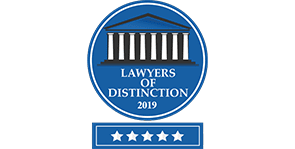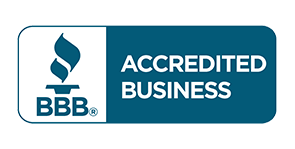Posted On November 27, 2019 Food Poisoning
Under California state law, victims of food poisoning are permitted to seek damages from food service companies, restaurants, grocery stores, manufacturers and more for costs associated with their illness.
Today, let’s go over some of our most frequently asked questions regarding foodborne illnesses and food poisoning lawsuits, and how they might be relevant for your case.
Restaurants could be liable for damages caused by your foodborne illness under California negligence laws—restaurants owe customers a duty to not serve contaminated food, and when restaurants breach that duty, you may be able to sue for damages.
For catering companies, there is an added issue of finding out whether the company that prepared the food is responsible for the contamination, or whether it’s the fault of the company who sold the food—for example, did the convenience store selling your tuna sandwich contaminate the food, or was it the prepackaged food company?
These cases are covered under product liability laws which state that anyone who sells or manufactures a defective product is liable for injuries caused by that product—even if they were not negligent.
With grocery stores, buying expired food is often not enough to file a personal injury lawsuit. However, if you got sick from that expired food, then they may be liable for your injuries. That’s because there is no hard science behind “sell-by” or “best-by” dates, with many food items being safe to eat past these dates. However, when illness comes into play, the grocery store, manufacturer or supplier may be held responsible.
When you get sick, it’s often difficult to find out exactly where that illness came from. Different germs can affect people differently, with some illnesses showing up within hours of eating contaminated food, while others can take days to show symptoms.
That means that if you at a contaminated burger on Friday night, you might feel it later that night…or the next morning…or possibly in the middle of the following week. As you can probably imagine, pinpointing the exact cause of your food poisoning isn’t always easy.
In some cases, you may have leftovers from your meal that can be tested for contaminants, but what if you don’t? Unfortunately, restaurants and other companies that serve contaminated food tend to affect more than one person at a time. Linking your illness to a larger outbreak is one way to prove that a specific meal or product caused your sickness.
Damages recovered from a food poisoning lawsuit are usually divided into two types. Economic damages include:
While non-economic damages consist of:
There’s actually a third type of damages called punitive damages, which are usually only sought in cases when the restaurant or food supplier showed extremely reckless behavior (or sought to intentionally harm the victim).
To avoid lawsuits, many restaurants will offer a gift certificate, replacement meal or refund. Sounds good, right? Except that you’ll often be asked to sign a waiver as a condition of accepting these gifts.
Usually these waivers forgo your right to sue in the future—so think carefully before you accept. Better yet, contact a lawyer to weigh your options.
These warnings—which often refer to food like sushi, steaks, burgers or oysters—do not make a company immune to lawsuits or give them a right to serve you contaminated food.
If you can show negligence in preparation, handling or serving that caused you to get sick, then you may still have a food poisoning claim.
Food poisoning cases can be tricky to prove, which is where hiring an experienced personal injury attorney becomes crucial.
If you suspect that your foodborne illness was caused by a restaurant, food company or grocery store, give us a call or complete the form below to schedule a free consultation where we can discuss your illness and plan the next step to recover the damages you deserve.









© 2022 MONTGOMERY STEELE LAW | ALL RIGHTS RESERVED | disclaimer

